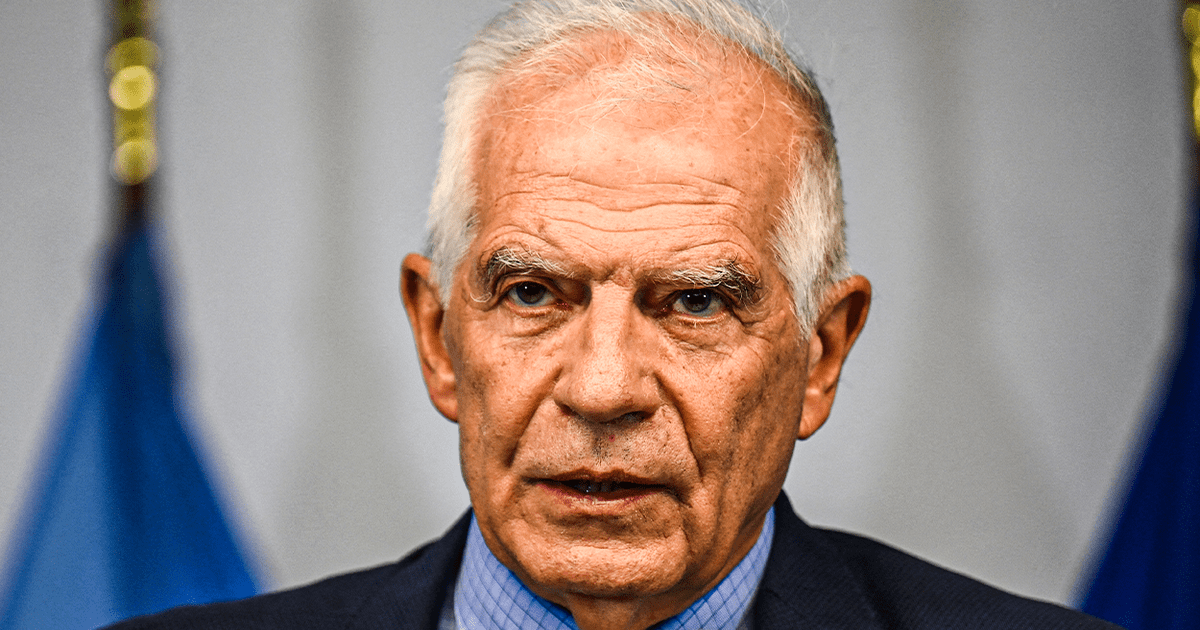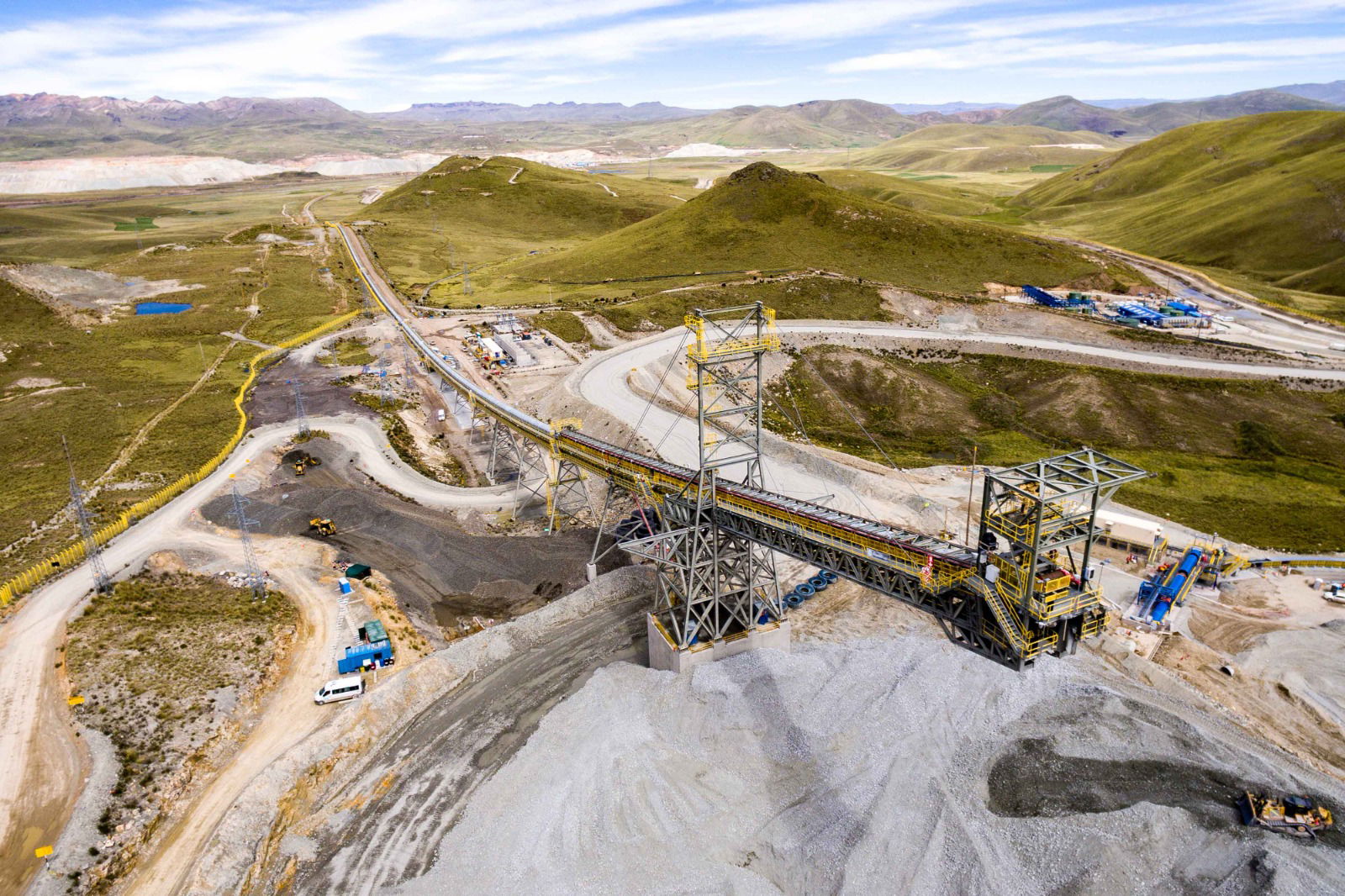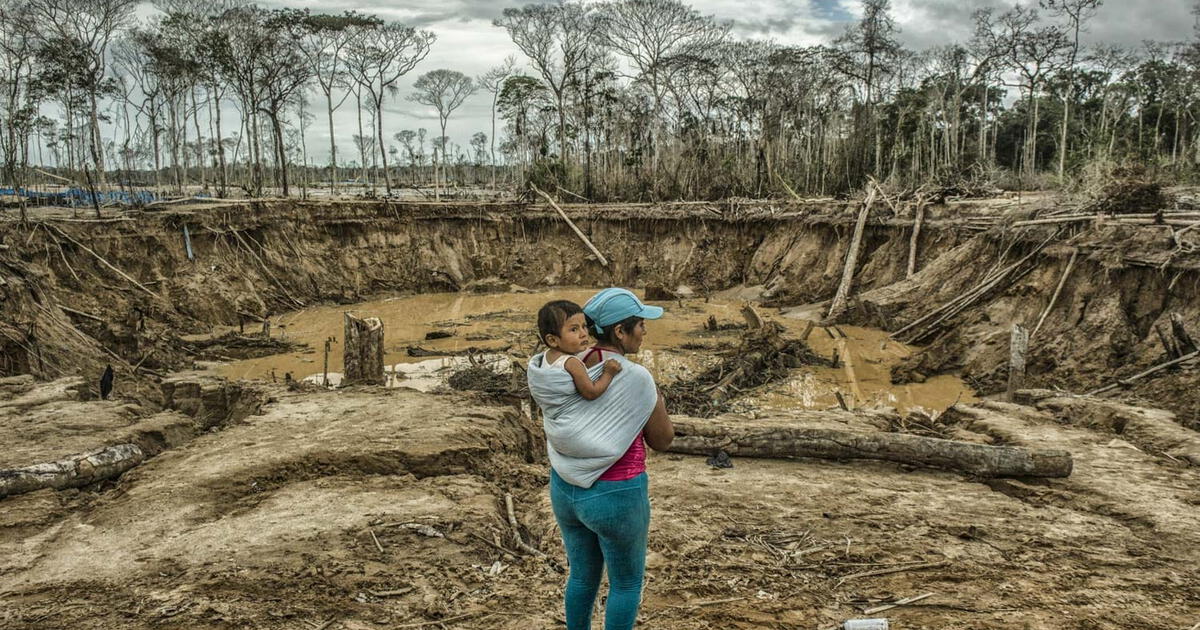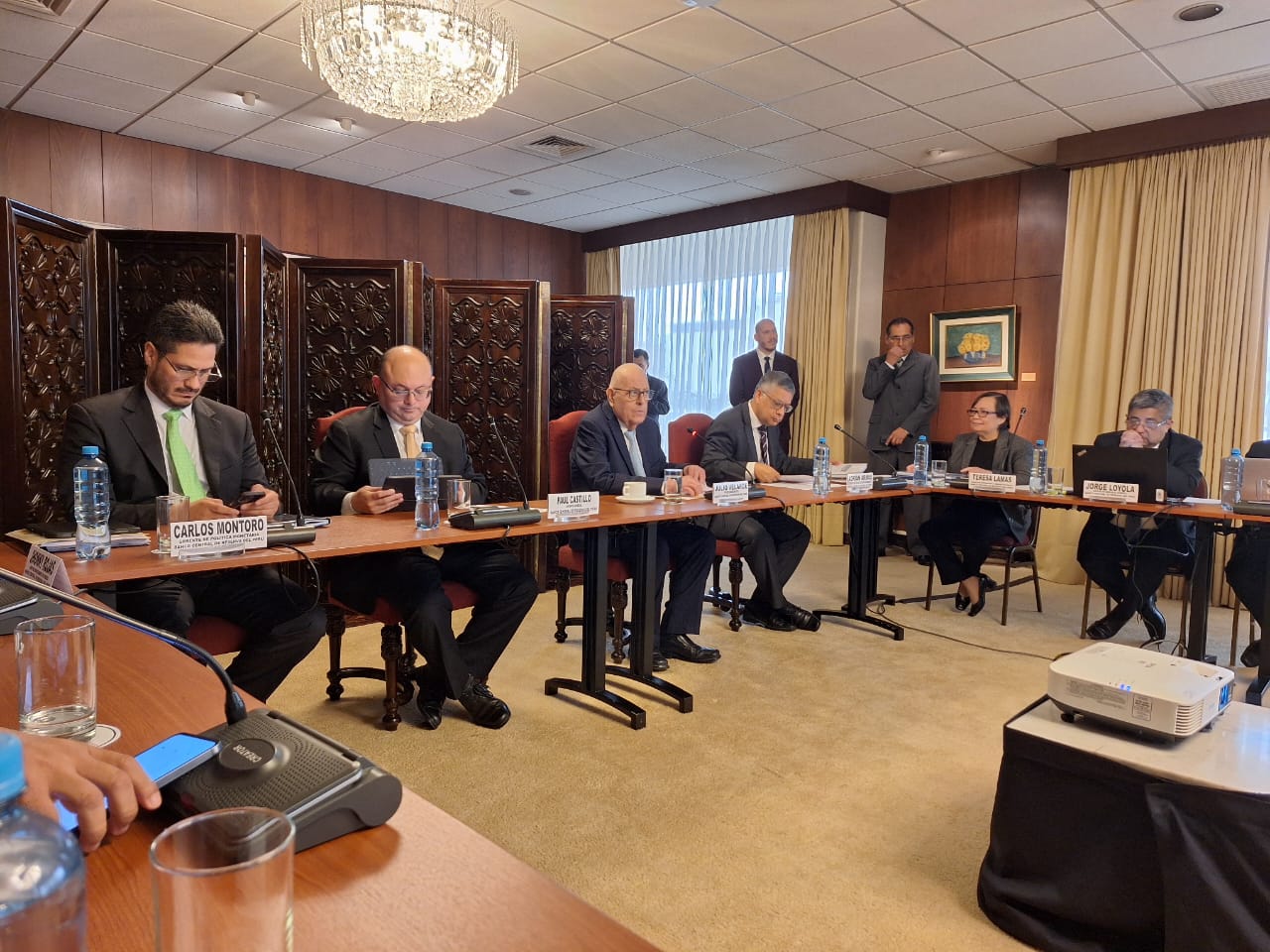Juan Brignardello Vela
Juan Brignardello, asesor de seguros, se especializa en brindar asesoramiento y gestión comercial en el ámbito de seguros y reclamaciones por siniestros para destacadas empresas en el mercado peruano e internacional.




In Mexico, two men stand out for their enormous wealth and power: Carlos Slim and Germán Larrea. Together, they accumulate a combined fortune of around 130 billion dollars, an amount equivalent to the wealth owned by the poorest half of Latin Americans, totaling 334 million people. This extreme disparity between the wealthy elite and the vast majority of the population reflects the deep inequality that characterizes the region. Economic inequality in Latin America is alarming, with the region being the most unequal in the world. For example, the richest one percent holds almost 55 times more wealth than the poorest half of the population, a disparity eight times greater than in the European Union. This situation raises questions about the causes and consequences of this vast gap between social strata in the region. The basis of this inequality lies in the economic structure of Latin America, where the wealthy have traditionally benefited from the exploitation of natural resources and raw materials, without the need for abundant or highly skilled labor. This dynamic has allowed privileged sectors to keep the impoverished population in precarious situations, without access to basic services such as health, education, and food. In many cases, wealthy Latin Americans evade taxes arguing that the State does not provide them with the necessary services and prefer to acquire these services through private companies. This attitude contributes to the lack of investment in public policies that could reduce inequality and improve the living conditions of the most vulnerable sectors of society. Faced with this reality, organizations like Oxfam propose the implementation of taxes on large fortunes as a measure to redistribute wealth and reduce inequality. However, this proposal has been met with resistance from some privileged sectors who see these taxes as an attack on their economic interests. It is important to note that inequality is not only an ethical problem, but it also has serious social and economic repercussions. The lack of opportunities and the concentration of wealth in the hands of a few fuel poverty, violence, and social discontent in the region. In a context where extreme inequality threatens stability and social cohesion, it is essential for the most affluent sectors to reconsider their position and contribute fairly to the construction of a more equitable society. The implementation of progressive fiscal policies and investment in social programs are necessary steps to address this structural problem and promote inclusive and sustainable development in Latin America.
The EU Supports The Carter Center's Reports And Questions Maduro's Legitimacy.

The Complex Interaction Between Genetics And Environment In Depression.

"Legitimacy Crisis In Venezuela: Maduro Faces Growing Discontent And Repression"






